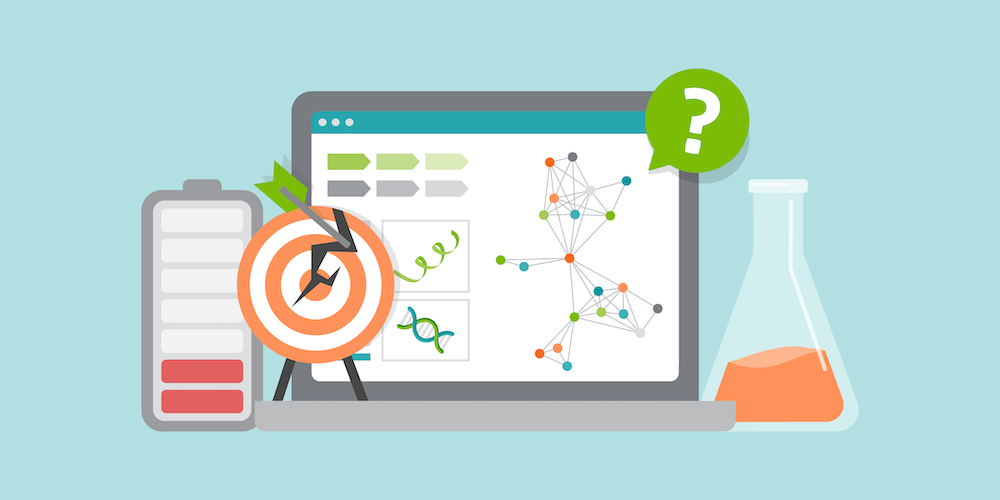Enhancing, Not Replacing: How Agencies Support Your In-House Marketers
By Jordan Eller

In the life science sector, the stakes are high and the demands are constant. Whether you’re supporting a pipeline of clinical trials, preparing for regulatory approvals, or developing content for healthcare professionals, marketing teams often find themselves juggling too much with too little time.
The answer isn’t always hiring a dozen new marketers’s; sometimes it’s about building the right external partnerships. Agencies can play a key role in extending your team’s capabilities, especially when they bring deep industry knowledge and a working familiarity with regulatory realities.
Here’s a closer look at how agencies can complement internal marketing efforts without replacing the strategic and institutional expertise that only in-house teams possess.
1. Specialized Knowledge Meets Bandwidth Support
As you likely already know, marketing in regulated industries is uniquely complex. For example, developing content that aligns with FDA guidance, fits within an established promotional review process, and satisfies both scientific and marketing stakeholders requires experience and precision.
Agencies familiar with the life sciences sector understand these nuances. They can help translate complex science into clear messaging, support materials that align with clinical evidence, and structure campaigns that stay within compliance boundaries, all without requiring weeks of onboarding.
For internal teams facing tight deadlines, this kind of support can be the difference between making progress and falling behind.
Life science marketing agencies add value to your brand not by taking over, but by supporting and strengthening the work your teams are already doing.
2. Support for the Strategic and the Tactical
In-house marketers often have to wear multiple hats at once: long-term brand strategy, short-term content execution, cross-functional alignment, sales enablement, and stakeholder management. That’s a lot for even the most experienced teams.
Agencies can offer dual support here. Strategically, they can provide perspective across companies and therapeutic areas, bringing in patterns and ideas from the broader life sciences landscape. Tactically, they can execute across a range of deliverables, from video scripts to white papers to modular digital campaigns.
3. Understanding the Process Behind the Science
Life science marketing isn’t just about the product: it’s also about the process behind it. Clinical development timelines, trial phases, regulatory submission cycles, payer communication needs, and publication strategies all shape how and when marketing can show up.
An agency that understands these dynamics can better align deliverables to real-world timelines. For example, knowing when a clinical trial is likely to reach enrollment targets or anticipating the types of questions an IRB-approved study may raise in a medical affairs review can help prevent delays and extra work.
4. Sustaining Momentum Without Overextending the Team
One of the most under-discussed challenges in life science marketing is maintaining consistency over time. Campaigns that need to stay active through long development cycles (sometimes years) require both endurance and adaptability.
Agencies can support this by helping teams maintain momentum during quieter periods and scale quickly when activity ramps up. They can also bring a fresh lens to content that may need to be refreshed for different audiences, such as patients, HCPs, executives, or internal teams, without starting from scratch.
5. Partnership as a Framework, Not a Hand-Off
Effective agency partnerships don’t operate in a vacuum. The most successful models look more like a shared workspace than a vendor-client relationship.
This means aligning on goals early, setting up structured collaboration channels, and making sure knowledge transfer happens in both directions. In-house teams offer critical insight into product strategy and company culture, while agencies can bring an external perspective and dedicated focus.
When this dynamic works well, it can extend the team in a thoughtful, targeted way that reduces stress and increases results.
For more information on how an agency partnership can catapult your brand to new heights, check out our blog Do You Need a Life Science Marketing Agency? Here’s How to Decide
Final Thoughts
For life science marketers navigating complex pipelines, tight compliance frameworks, and evolving stakeholder expectations, the right agency partnership can make a measurable difference. Not by taking over, but by supporting and strengthening the work your teams are already doing.
Ultimately, it’s not a question of internal teams vs. external teams. It’s about designing a marketing model that’s resilient, responsive, and ready for what’s next. If you’re ready to take the next step and partner with industry experts, contact Forma today and learn how we can help.





